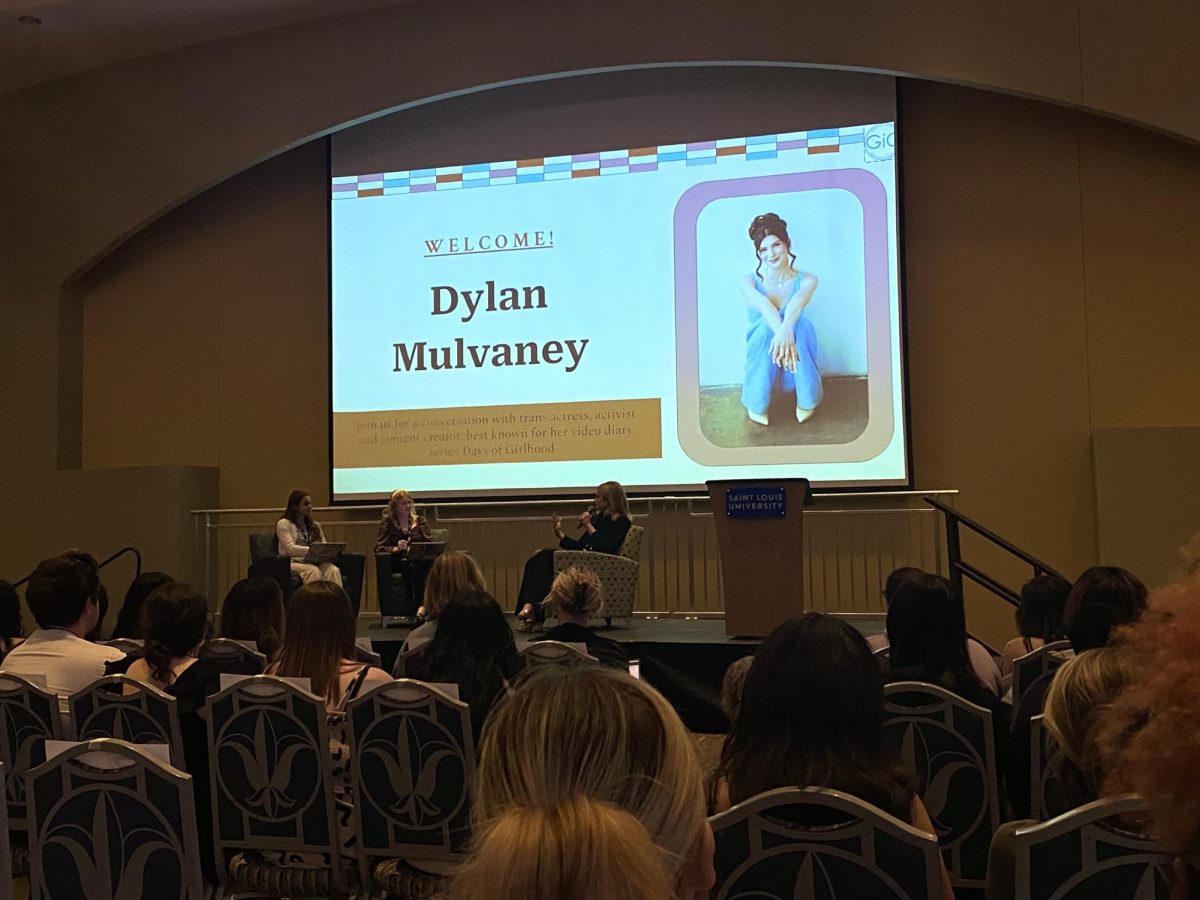When schools talk about diversity, food variety is not commonly associated with the discussion. Food, however, plays a large role in many cultures, and it is something the new organization, STLHalal, hopes to bring into the spotlight.STLHalal is a not-for-profit organization founded by two Saint Louis University students, Haariss Ilyas and Riyad Haq.
One mission of STLHalal is to educate Islamic people on the requirements of Halal. Their second mission is to certify restaurants have properly prepared meat and to help them to meet Halal criteria. Halal is meat that is permissible to eat under Islamic law. Meat is designated as Halal if it follows the method of slaughter set forth according to Islamic law. According to Ilyas, there is no government regulation of restaurants that claim to serve Halal, so there is no way for patrons to be sure they are eating legitimate Halal. STLHalal will go to restaurants in the St. Louis area and inspect their preparation procedures. If they pass the inspection, a stamp of approval is given to the establishment to demonstrate that they are practicing Dhabiha, the designated method of slaughter according to Islamic Law.
If an organization does not pass, STLHalal will help them refine their methods so they can properly prepare Halal meat. STLHalal’s website has a map of certified restaurants and vendors, along with a layout on Google Maps showing the location of each restaurant and vendor.
Washington University in St. Louis adopted a Halal line in early April, utilizing STLHalal as a consultant on the proper preparations and methods they would need to serve legitimately Halal meat in their cafeteria.
“We wanted to make sure there were choices available to all students,” Nadeem Siddiqui, the resident district manager of WashU’s dining services, said.
According to Siddiqui, the transition was not difficult at all. A line of normal protein was simply swapped out for a line of Halal protein. Furthermore, it did not detract from non-Islamic students’ eating habits either.
“For regular students, chicken is chicken; it just happens to be Halal,” Siddiqui said.
However, according to WashU’s estimates, the number of students that will be using the service is small – roughly 50 to 75 students.
“The bigger issue was an opportunity to be diverse and offer choices that are usually not offered on campus,” Siddiqui said. “It opens up better cooperation between student groups on campus.”
As a student that is familiar with restrictions on eating choices due to his religious obligations, Ilyas realizes how greatly SLU’s campus would benefit from a Halal line. Muslims have struggled to find good dining options on campus.
“I’m eating the egg salad sandwich [at Grand Market] or the black bean burger [at Au Bon Pain],” Ilyas said, finding the options for Muslim students severely limited.
His estimates put the number of students that would utilize a Halal line at SLU at more than 200. An attempt to establish a Halal line last academic year failed because of miscommunication between Ilyas and Chartwells. Chartwells Representative Paul Taylor said that Chartwells is “more than happy to talk to any students about options they want to see.” Ilyas and his associates plan to meet with Taylor after finals to talk about creating a Halal service somewhere on campus.






